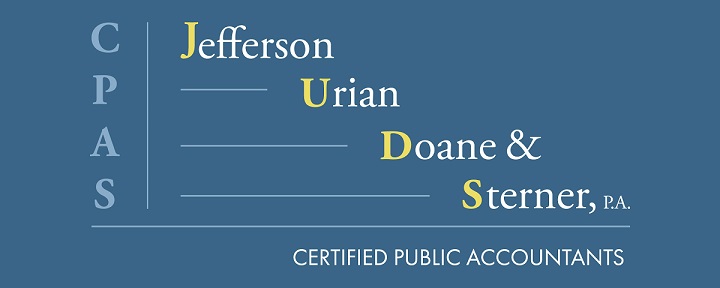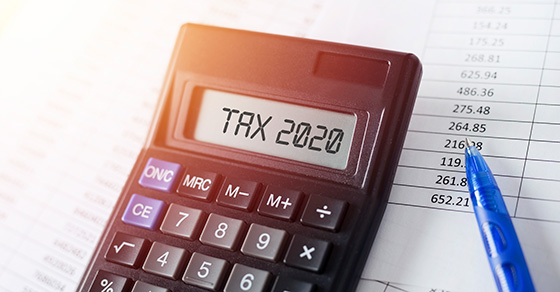The COVID-19 relief law: What’s in it for you?
The COVID-19 relief law: What’s in it for you?
The new COVID-19 relief law that was signed on December 27, 2020, contains a multitude of provisions that may affect you. Here are some of the highlights of the Consolidated Appropriations Act, which also contains two other laws: the COVID-related Tax Relief Act (COVIDTRA) and the Taxpayer Certainty and Disaster Tax Relief Act (TCDTR).
Direct payments
The law provides for direct payments (which it calls recovery rebates) of $600 per eligible individual ($1,200 for a married couple filing a joint tax return), plus $600 per qualifying child. The U.S. Treasury Department has already started making these payments via direct bank deposits or checks in the mail and will continue to do so in the coming weeks.
The credit payment amount is phased out at a rate of $5 per $100 of additional income starting at $150,000 of modified adjusted gross income for marrieds filing jointly and surviving spouses, $112,500 for heads of household, and $75,000 for single taxpayers.
Medical expense tax deduction
The law makes permanent the 7.5%-of-adjusted-gross-income threshold on medical expense deductions, which was scheduled to increase to 10% of adjusted gross income in 2021. The lower threshold will make it easier to qualify for the medical expense deduction.
Charitable deduction for non-itemizers
For 2020, individuals who don’t itemize their deductions can take up to a $300 deduction per tax return for cash contributions to qualified charitable organizations. The new law extends this $300 deduction through 2021 for individuals and increases it to $600 for married couples filing jointly. Taxpayers who overstate their contributions when claiming this deduction are subject to a 50% penalty (previously it was 20%).
Allowance of charitable contributions
In response to the pandemic, the limit on cash charitable contributions by an individual in 2020 was increased to 100% of the individual’s adjusted gross income (AGI). (The usual limit is 60% of adjusted gross income.) The new law extends this rule through 2021.
Energy tax credit
A credit of up to $500 is available for purchases of qualifying energy improvements made to a taxpayer’s main home. However, the $500 maximum allowance must be reduced by any credits claimed in earlier years. The law extends this credit, which was due to expire at the end of 2020, through 2021.
Other energy-efficient provisions
There are a few other energy-related provisions in the new law. For example, the tax credit for a qualified fuel cell motor vehicle and the two-wheeled plug-in electric vehicle were scheduled to expire in 2020 but have been extended through the end of 2021.
There’s also a valuable tax credit for qualifying solar energy equipment expenditures for your home. For equipment placed in service in 2020, the credit rate is 26%. The rate was scheduled to drop to 22% for equipment placed in service in 2021 before being eliminated for 2022 and beyond.
Under the new law, the 26% credit rate is extended to cover equipment placed in service in 2021 and 2022 and the law also extends the 22% rate to cover equipment placed in service in 2023. For 2024 and beyond, the credit is scheduled to vanish.
Maximize tax breaks
These are only a few tax breaks contained in the massive new law. We’ll make sure that you claim all the tax breaks you’re entitled to when we prepare your tax return.
© 2021










